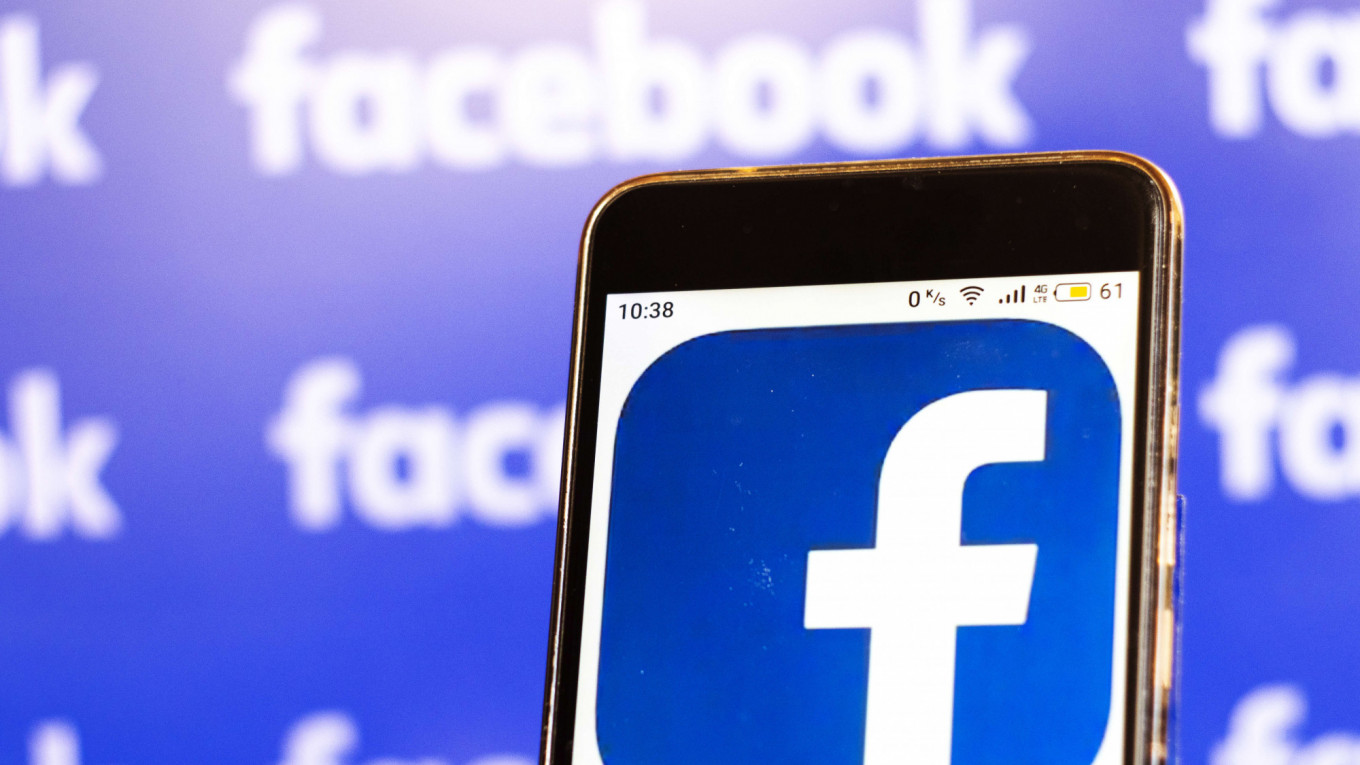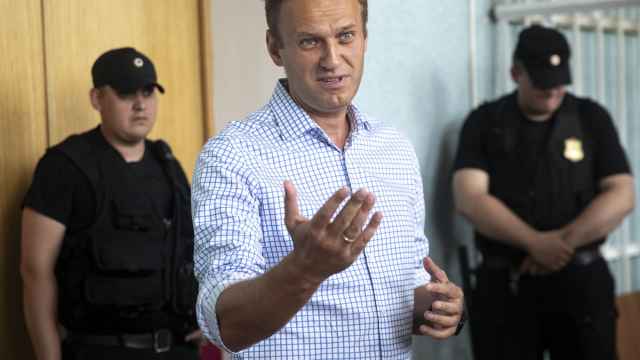Russia on Thursday demanded an explanation from Facebook after the social media giant said it had derailed a campaign to mislead Russians protesting the arrest of Kremlin critic Alexei Navalny.
The U.S.-based social network said its automated systems detected and disabled 530 Instagram accounts being used in the campaign against protesters who took to the streets in Russia following Navalny's arrest in mid-January.
"Roskomnadzor has sent Facebook management a letter containing a request to provide lists of accounts to which access has been limited and also to explain the reasons for blocking them," the Russian communications watchdog said.
Roskomnadzor demanded that Facebook, which owns the image-centric service, also provide proof that the blocked accounts had been involved in "illegal activities."
The network of Instagram accounts used hashtag and location "poisoning" typically associated with spam or financial scams to drown out posts by protesters, according to Facebook global threat disruption lead David Agranovich.
Some of the Instagram posts suggested people got Covid-19 and died as a result of attending protests, according to samples provided by Facebook.
Facebook reported that 55,000 people followed one or more of the Instagram accounts.
Tens of thousands of opposition supporters took to the streets in January and February to protest Navalny's arrest and President Vladimir Putin's two-decade rule.
Navalny was sentenced last month to two and a half years in a penal colony for breaching parole terms while in Germany recovering from a poisoning attack Novichok nerve agent.
A Message from The Moscow Times:
Dear readers,
We are facing unprecedented challenges. Russia's Prosecutor General's Office has designated The Moscow Times as an "undesirable" organization, criminalizing our work and putting our staff at risk of prosecution. This follows our earlier unjust labeling as a "foreign agent."
These actions are direct attempts to silence independent journalism in Russia. The authorities claim our work "discredits the decisions of the Russian leadership." We see things differently: we strive to provide accurate, unbiased reporting on Russia.
We, the journalists of The Moscow Times, refuse to be silenced. But to continue our work, we need your help.
Your support, no matter how small, makes a world of difference. If you can, please support us monthly starting from just $2. It's quick to set up, and every contribution makes a significant impact.
By supporting The Moscow Times, you're defending open, independent journalism in the face of repression. Thank you for standing with us.
Remind me later.






